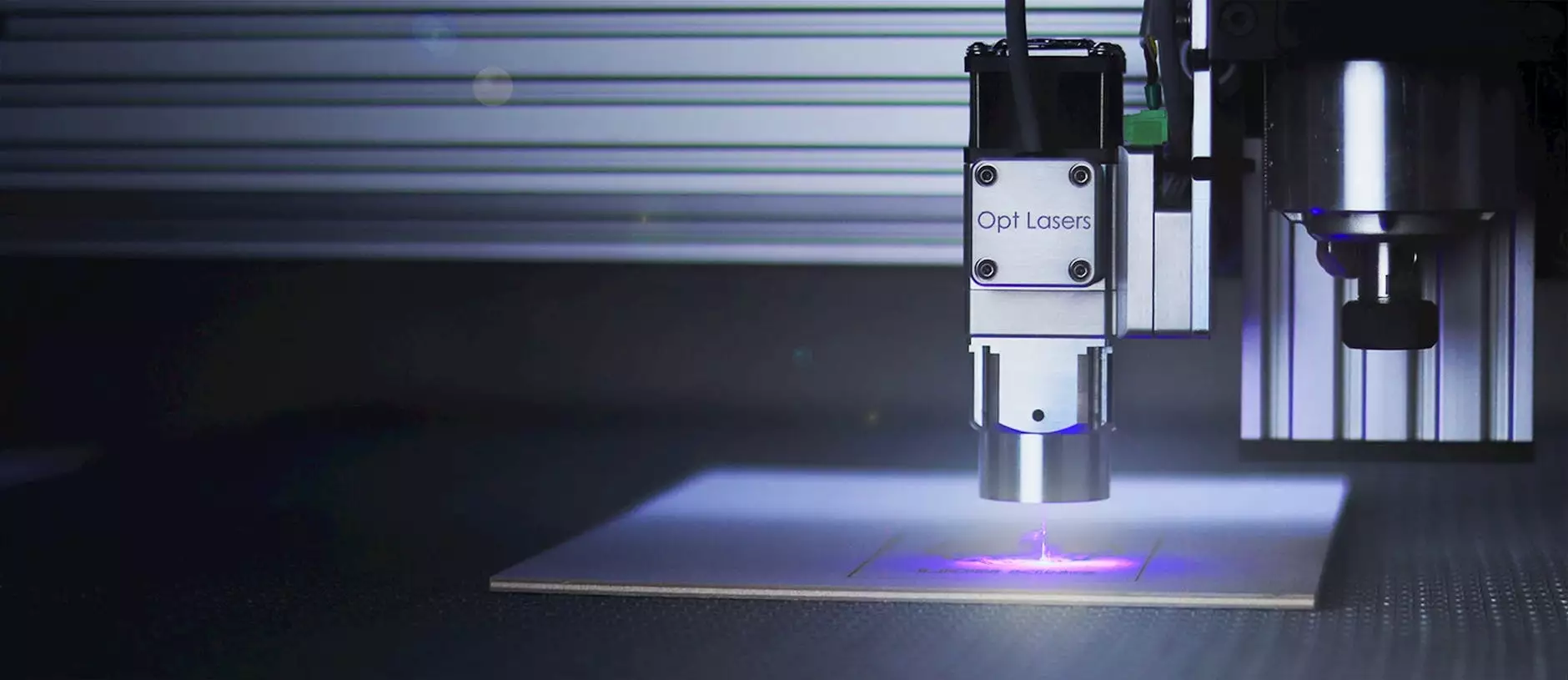CNC Turning Metal Part Factory: Excellence in Precision Manufacturing

The world of manufacturing has drastically evolved over the years, and central to this transformative journey is the cnc turning metal part factory. These facilities are not just production environments; they are the epicenter of innovation, precision, and efficiency in creating complex metal parts that serve a wide array of industries.
The Role of CNC Turning in Modern Manufacturing
CNC turning, or computer numerical control turning, refers to a machining process that utilizes a rotating workpiece and a stationary cutting tool to create cylindrical parts. This precise method ensures that components meet exact specifications, which is crucial in today’s competitive market. The integration of CNC technology has revolutionized traditional metal machining, contributing significantly to manufacturing quality and productivity.
Advantages of CNC Turning
- High Precision: CNC turning machines can produce parts with tolerances as tight as ±0.001 inches, ensuring that every piece is meticulously manufactured to meet the required specifications.
- Increased Efficiency: CNC machinery operates continuously with minimal downtime, allowing factories to ramp up production and meet high demand with ease.
- Complex Geometries: With advanced programming, CNC turning can create intricate shapes and designs that are difficult or nearly impossible to achieve through manual machining techniques.
- Reduced Waste: The precision of CNC turning minimizes material waste, making it an environmentally friendly option in the manufacturing process.
- Automation: CNC machines can be programmed to run automatically, which decreases the need for extensive human labor and reduces the risk of human error.
Choosing the Right CNC Turning Metal Part Factory
When selecting a cnc turning metal part factory for your manufacturing needs, consider the following factors:
1. Experience and Expertise
Look for a factory with a proven track record in the industry. Experienced manufacturers understand the nuances of different materials and machining processes and can offer valuable insights and advice on the best practices for your projects.
2. Technology and Equipment
The capabilities of the equipment in a factory can significantly influence production quality and efficiency. Factories that invest in the latest CNC machinery and technology are generally capable of producing higher-quality parts with better precision.
3. Customization Options
Every project is unique, and the ability to customize parts to meet specific requirements is invaluable. A reputable CNC turning metal part factory should offer a variety of options in terms of materials, finishes, and dimensions.
4. Quality Control Processes
Implementing robust quality control measures is essential in any manufacturing operation. A reliable factory should have rigorous inspection protocols to ensure that every component meets the required quality standards before delivery.
Understanding Popular Materials Used in CNC Turning
The selection of materials is crucial when it comes to CNC turning in a cnc turning metal part factory. Here are some commonly used metals:
- Aluminum: Lightweight and easily machinable, aluminum is often used in industries requiring corrosion resistance and a good strength-to-weight ratio.
- Stainless Steel: Known for its durability and resistance to oxidation, stainless steel is a popular choice for parts that require heavy-duty performance.
- Brass: With excellent machinability and corrosion resistance, brass is frequently used in applications where aesthetics and mechanical properties are equally important.
- Steel: Carbon or alloy steel provides extensive durability and tensile strength, making it suitable for high-stress applications.
- Plastics: While not a metal, certain plastics can be turned using CNC processes, providing lightweight alternatives for specific applications.
Industries Benefiting from CNC Turning
Many industries rely on CNC turning for their components, highlighting the versatility and importance of this process. Some of the key industries include:
- Aerospace: Precision components are essential in aviation, where safety and reliability are of utmost importance.
- Automotive: The automotive industry demands high-quality parts that can withstand extreme conditions, a need that CNC turning effectively satisfies.
- Medical: CNC turning plays a crucial role in producing medical devices and instruments that require strict adherence to health regulations.
- Consumer Electronics: Many consumer electronic devices require finely tuned components, all of which can be produced using CNC turning techniques.
- Marine: The marine industry necessitates robust components that are resistant to harsh environments, making CNC turning an ideal choice.
The Impact of Technology on CNC Turning
Technology is rapidly evolving, and it continues to shape the landscape of CNC turning in a cnc turning metal part factory. The integration of advanced technologies such as artificial intelligence, IoT (Internet of Things), and Industry 4.0 concepts stands to enhance the capabilities of CNC turning significantly.
1. Artificial Intelligence in CNC Turning
AI can optimize machining processes by analyzing data and making real-time adjustments to enhance precision and efficiency. This leads to better resource management and improved product quality.
2. IoT Integration
By connecting machines and systems, manufacturers can monitor performance and condition in real-time. This connectivity facilitates predictive maintenance, reducing downtime and extending machine life.
3. Automation and Robotics
The adoption of robotics within the CNC turning process enhances productivity by allowing for more complex operations to be completed with high consistency and reduced human error.
Conclusion: The Future of CNC Turning Metal Part Factories
As industries continue to demand higher precision and efficiency, cnc turning metal part factories will remain at the forefront of manufacturing technology. With advancements in CNC technology, materials, and processes, coupled with an increasing focus on sustainability and efficiency, the role of these factories is only set to grow. By partnering with a high-end CNC turning factory, businesses can ensure they remain competitive in an ever-evolving landscape while realizing the full potential of their manufacturing capabilities.
For any organization looking to expand its manufacturing prowess, investing in relationships with reputable cnc turning metal part factories, such as deepmould.net, is a strategic move that can lead to unparalleled success.









